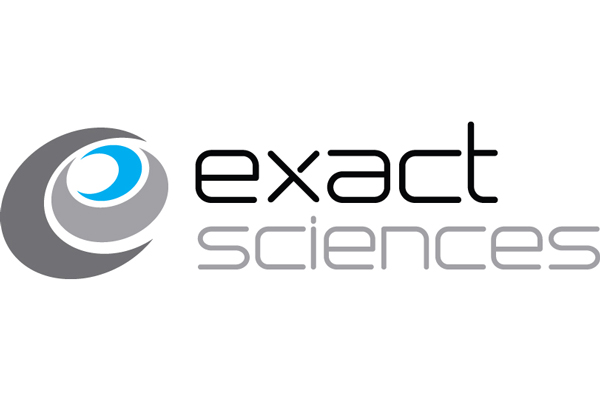
Wisconsin-based Exact Sciences (NSDQ:EXAS) won landmark approval for its Cologuard home colorectal cancer test, becoming the 1st company to successfully navigate a pilot program for parallel review by both FDA and Medicare regulators.
The "Pilot Program for Parallel Review of Medical Products," launched in October 2011, was designed to help streamline the pathway that medical technologies follow to get to the market and to make live-saving devices more quickly available to patients.
"Parallel review allows the last part of the FDA process to run at the same time as the CMS process, cutting as many as 6 months from the time from study initiation to coverage," FDA Center for Devices & Radiological Health policy deputy director Nancy Stade said in prepared remarks. "The pilot program is ongoing, but we will apply what we have learned to improve the efficiency of the medical device approval pathway for devices that address an important public health need."
A handful of novel technologies were granted access to the pilot program to undergo simultaneous review for FDA approval and Medicare reimbursement, and Exact Sciences just became the 1st company to reach the finish line. Medicare offered to cover Cologuard testing once every 3 years for Medicare patients aged 50-85 who have no symptoms but are considered at "average" risk of developing colorectal cancer.
"This is the 1st time in history that FDA has approved a technology and CMS has proposed national coverage on the same day," added Patrick Conway, chief medical officer and deputy administrator for innovation and quality for CMS. "This parallel review represents unprecedented collaboration between the 2 agencies and industry and most importantly will provide timely access for Medicare beneficiaries to an innovative screening test to help in the early detection of colorectal cancer."
The Cologuard product examines stool samples for hemoglobin levels and certain DNA mutations in cells collected by stool as it moves through the large intestine and into the rectum. Patients who receive a positive reading would then be recommended for diagnostic colonoscopy to get a closer evaluation.
"The robustly conducted research as part of this FDA approval process has proven that this noninvasive test is highly sensitive in detecting both early stage colorectal cancer and the most advanced precancerous polyps most likely to develop into cancer," Mayo Clinic gastroenterologist and Cologuard co-inventor Dr. David Ahlquist said in an Exact Sciences press release. "The test is designed for high accuracy, ease of patient use, and wide accessibility. We hope that it will make a difference and save many lives."

